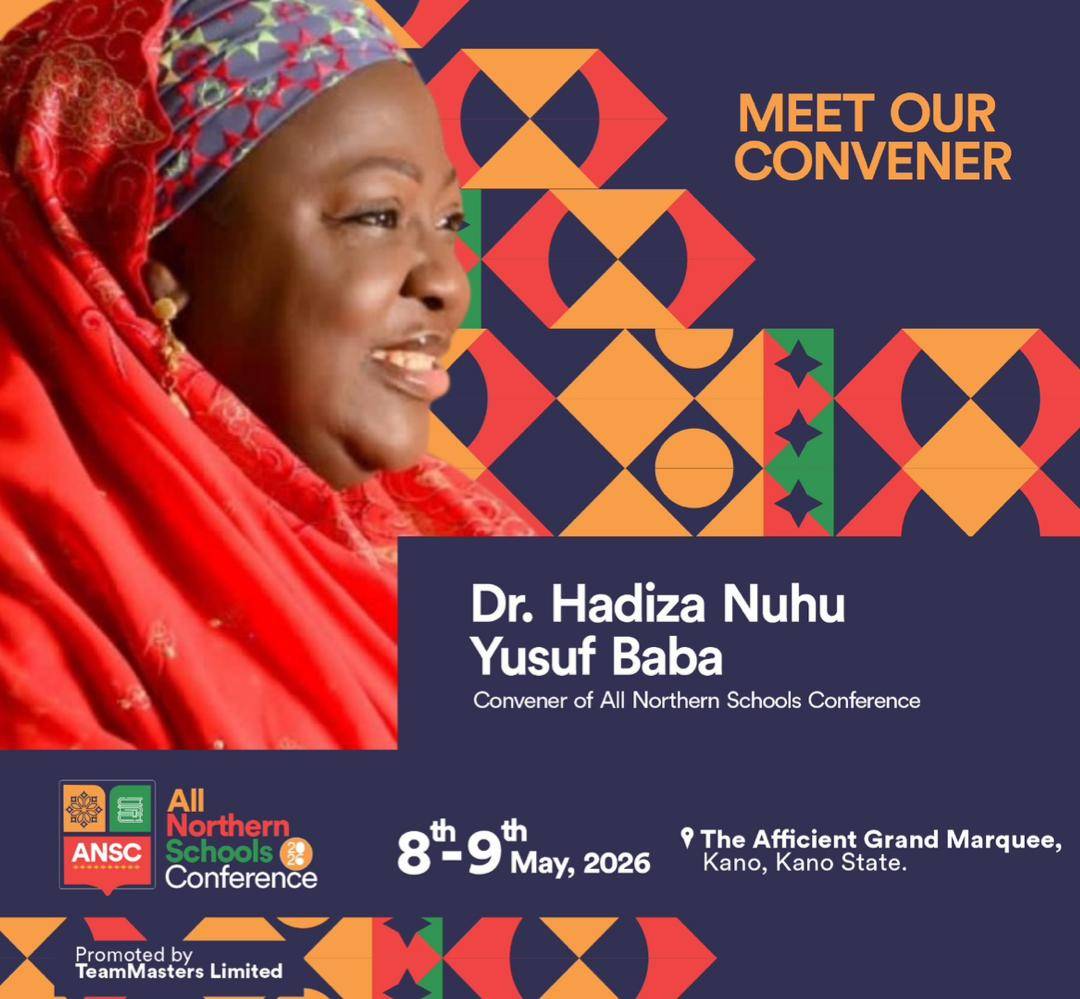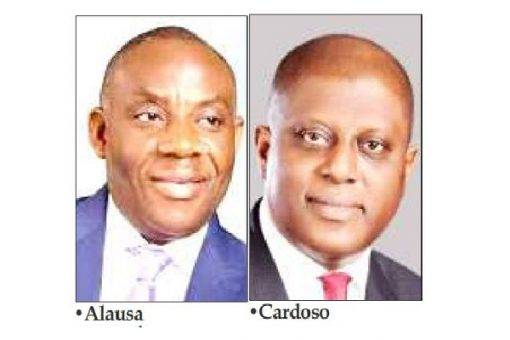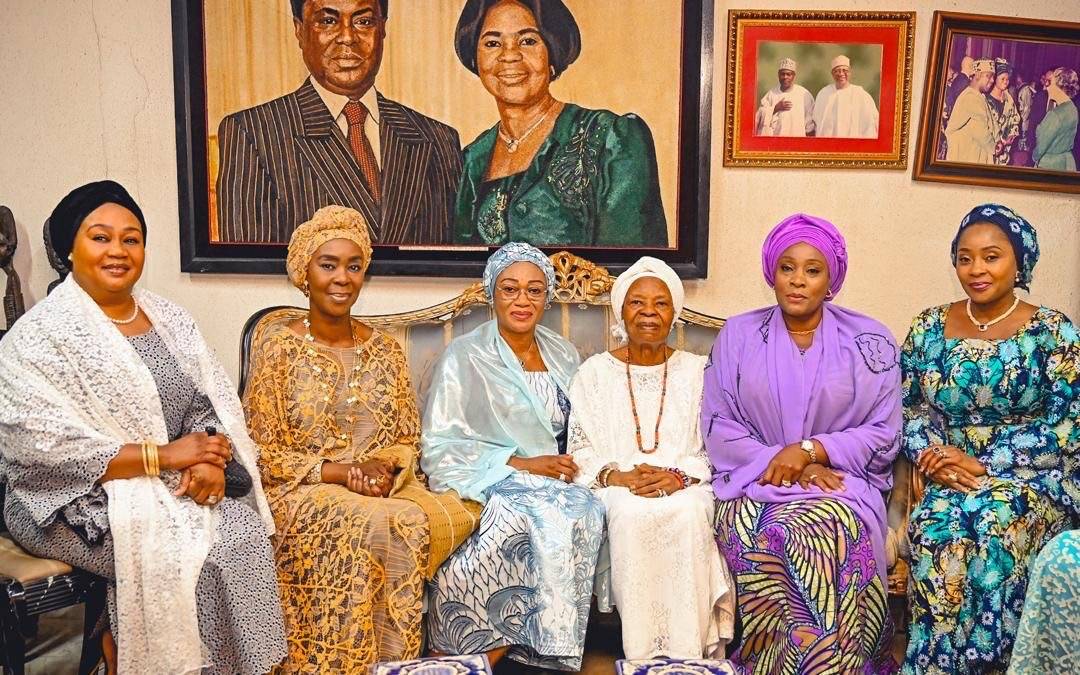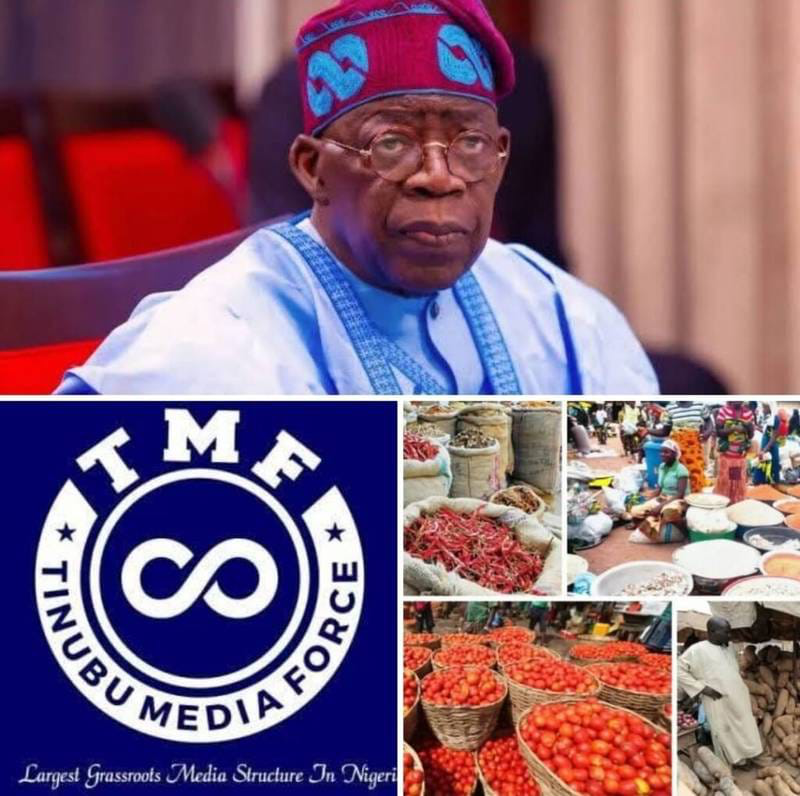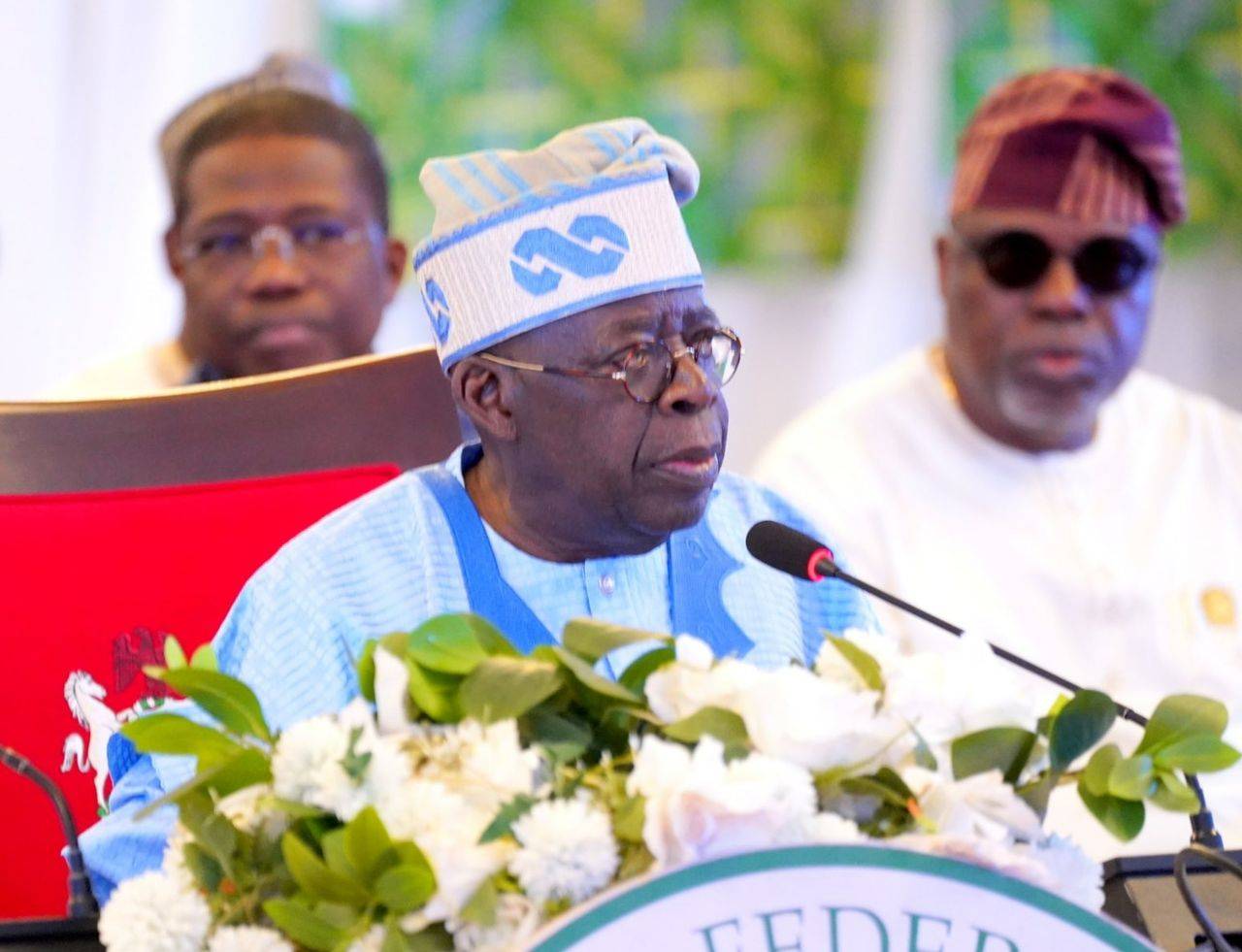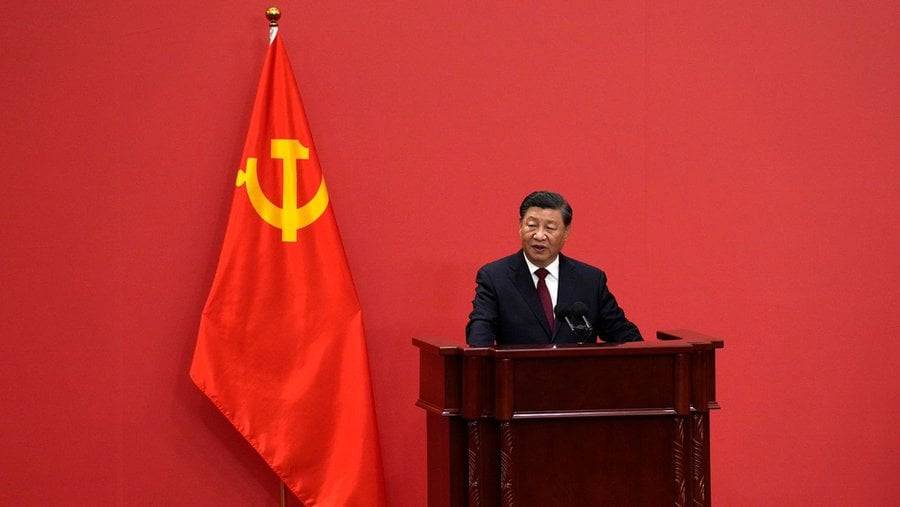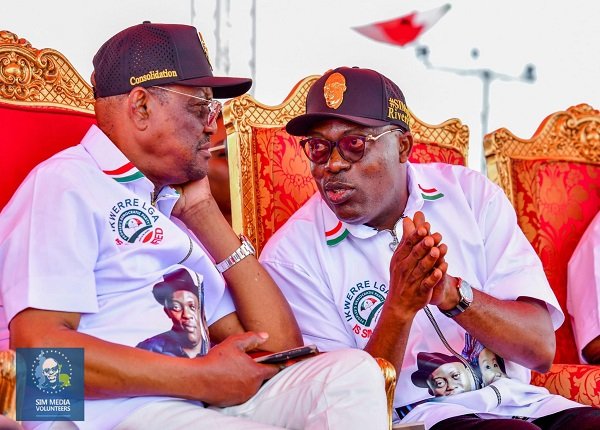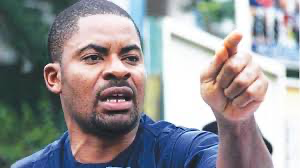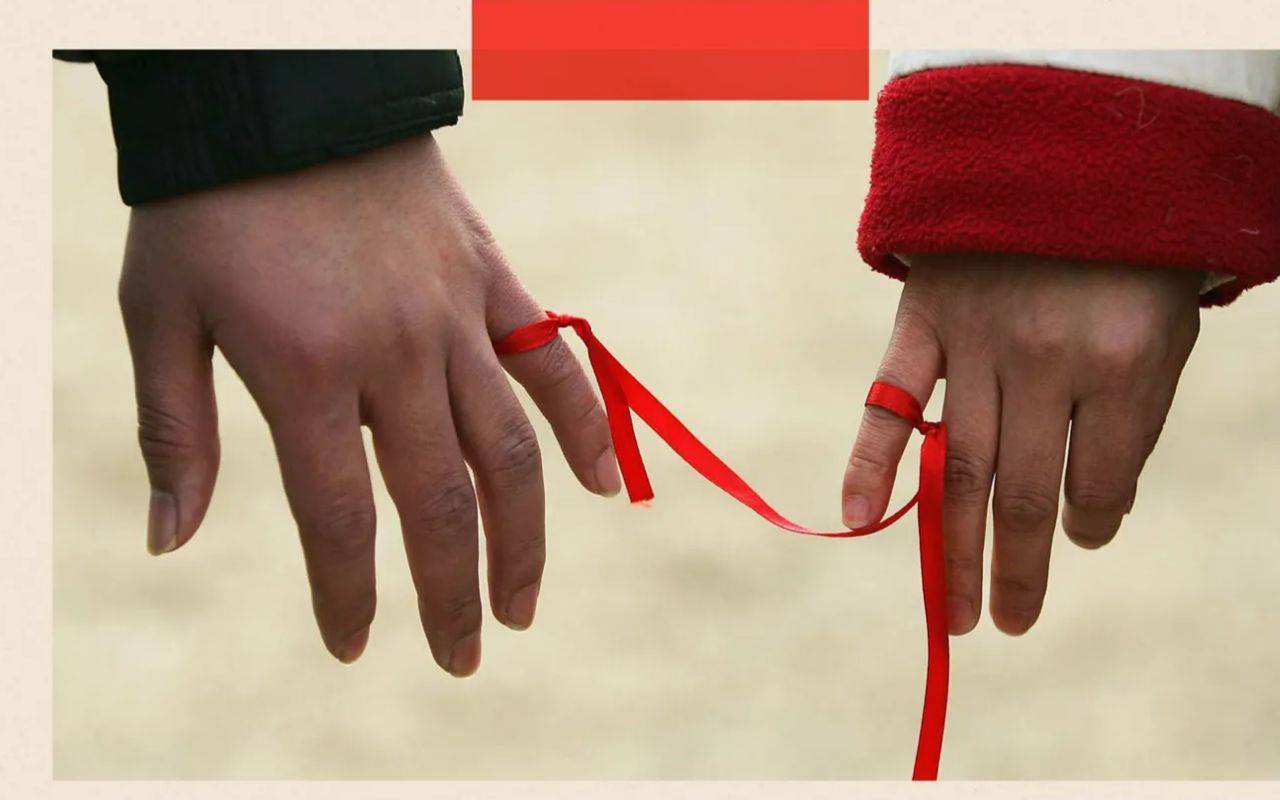By Sam Omatseye
American writer Edith Wharton jolted her generation with her eighth novel, The Age of Innocence. The novel may bear resonance today as defiled souls wear cassocks of innocence. The American novelist tracks a society in transition, where old and new collide. The writer laments the delusion of a man who despises the old era that will not leave and the new one that winks and beckons. The past does not work but the future does not come. Since the society despaired between plunder and promise, Wharton should have called her story, The Age of Discontent.
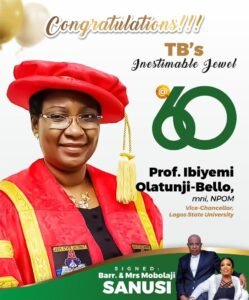
Today we are seeing some of them. Those who do not want the Lagos-Calabar Highway because they want to flip it to Calabar-Lagos Highway. Those who want the naira back on its back like a dying cockroach. Who want subsidy back. Who want the Central Bank outside the market. Hoarders who keep food from kitchens. Shylocks who have turned the exchange rate into a bogeyman. Paymasters of terror who make the society too giddy to govern.
This is nothing new in moments of change. Okonkwo committed suicide in Umuofia. Gorbachev railed into a storm with Glasnost and Perestroika in the Soviet Union. Catholics fell out of grace after the Glorious Revolution in England. Napoleon exploited the scene as the Ancient Regime fled the French Revolution. Warrant chiefs became the white man’s favorite in Igboland as colonialism subdued a republican ethos.
Some of such characters are colourful in their conservative brio. Okonkwo hanged because the new order kept hanging on. James II fell from power to his sister Mary and William of Orange because he loved his own version of Christianity. Soyinka’s Elesin Oba morphed into epicurean indulgence. These have character. They are authentic. Perhaps that’s why Okonkwo is more popular than Ezeulu, a realistic character, in Arrow of God, a better accomplished book than Things Fall Apart.
Characters like Okonkwo and Elesin Oba know what they want. In Milton’s Paradise Lost, Satan declares, “All good to me is lost.” Or the hawk in Ted Hughes’ poem, Hawk Roosting who snorts, “I kill where I please because it is all mine/ there is no sophistry in my body.”
The other set are those who are hypocrites about change. They pretend they want a better society, and they recoil when they see a light in the tunnel. They are not Ted Hughes’ hawk. They are chameleons. They blend with the shrubbery of the times.
There are two such people. The first are the guys who are bellyaching over the Lagos-Calabar Highway. They are flailing because it is a good thing. They are afraid they misjudged the president. Or they are scared what they feared is about to come to pass. They are afraid of the whispering prophecy in their hearts during the campaigns., that Tinubu is a better breed than their candidate. Like Job, their fear has come upon them. But they would not admit in public. It is called the fear of gratitude. As Greek historian Tacitus writes, “gratitude is a burden and revenge a pleasure.”
They may have to live with the project as a fait accompli. Get ready for a long ride.
But the man who epitomizes the spirit is former Kaduna State Governor, Malam Nasir El Rufai, who wanted attention to himself. He paid a visit to the Borno State Governor, and he uttered a phrase of adulation. He said Zulum is the best governor in Nigeria. For all the gifts of the Borno chief executive, and he deserves all the praises he gets, the former Kaduna helmsman was not interested in praising him. He was weaponizing eulogy as revenge. He wanted his foes and critics in the other camp of his own camp to hear his words and grieve for undermining them. But more potently, he did not know that he was throwing dirt at himself. Some would say, from the recent revelations about financial dealings on his watch, that he did not want attention on his dark profile. He presented a sunny exterior for another chief executive so we can forget about his own sins.
He also said that fuel subsidy is back, and for ostensible authenticity, he gave a figure: eight trillion naira. He is borrowing from the Nazi propagandist Goebbels. He was asked a question, though, by petroleum minister of state, Heineken Lokpobri. Where is your proof? The little man from Kaduna has not said little in reply. He has said nothing.
The man is now assailed with “proof crises,” but he is not proof from any of them. In the first proof crisis, he has been asked to explain how he spent the state funds. He left a debt of $587 million and N85 billion for his friend and successor Governor Uba Sani. He said it was to renew urban Kaduna. He drew all the money in 2021. Yet when Governor Sani climbed the saddle, contractors came with a certificate to claim N115 billion for work not done. A month before leaving office, El Rufai took a loan of N20 billion and tied it to the Internally Generated Revenue. He took a $26 million loan to change agriculture, but no one is seeing evidence. He secured a moratorium on all these loans so he did not have to pay until he left office. There is more.
I wrote a magazine piece on it, and sent questions for him to answer. The man kept mum. Now, he has the gumption to cry over fuel subsidy, a cry of wolf. The State House of Assembly has instituted a probe into his times, and he has not said a word about how and why he tinkered with the tax payer’s money?
When proof is brought before him, he says nothing. When he says something that needs proof, he also says nothing. For a man of prattle, he has exercised an embarrassed restraint. He is acting like a crocodile with a locked jaw. He prowls but cannot growl, so he cannot bite.
All he wanted to do with the fuel subsidy issue is stir discontent in the land. He wanted to wake up the Tinubu enemies who have gradually receded into a grumble or a silence of agony. At best, they stutter like Atiku, who should be facing FCT Minister Nyeson Wike, who has clobbered him twice now. First, in the presidential poll; Second, in securing the acting chairman Umar Damagun.
When President Tinubu declared that fuel subsidy was gone, what did he do with the money? He spent it on the states. For the first time, the monthly allocations have leapt to trillions of naira. It has continued. If he stopped, we might have said the money was returned to pay subsidy. The month of march, for instance, had N1.1 trillion distributed among states and federal government.
Men like El Rufai should learn to live in a republic of facts, not speculation. More seriously, not a democracy of mischief. President Tinubu has been saying it for those who want to listen that corruption is fighting back. He was referring partly to the subsidy vermin who fed fat in the past. It makes the lazy rich drone. Abebe Selassie, director of IMF African Department echoed this point. Hear him: ““And the reason why we counsel against such generalized subsidies is very simple. It tends to be highly regressive, meaning the benefits of such fuel subsidies tend to accrue to the rich and not to the poor people.”
The Nigerian National Petroleum Company (NNPC) has said that there is no such thing as return of subsidy. Those who want to believe it are wondering why we do not have the queues and why we have fuel. These are the people that the man from Kaduna want to give voice. If El Rufai is decomposing into a rage and discontent, he has no right to stir the polity with a lie. He may be eyeing 2027, but he has questions to answer about 2015 to 2023. He should leave NNPC alone.
Culled from The Nation




